IT Project Management Procedure Template Word
The IT Project Management Procedure Template Word is a comprehensive guide that helps IT project managers to plan, execute, and control projects effectively. This template is designed to provide a step-by-step approach to managing IT projects, from initiation to closure. It includes all the necessary procedures, forms, and templates that IT project managers need to manage projects successfully.
The IT Project Management Procedure Template Word is easy to use and customizable. It is designed to be used by IT project managers of all levels of experience. The template includes detailed instructions on how to use it, making it easy for even novice project managers to use it effectively.
The IT Project Management Procedure Template Word includes all the necessary procedures for managing IT projects, including project initiation, planning, execution, monitoring and control, and project closure. It also includes templates for project charters, project plans, risk management plans, change management plans, and more.
The IT Project Management Procedure Template Word is an essential tool for IT project managers who want to manage projects effectively. It helps project managers to stay organized, manage risks, and ensure that projects are completed on time and within budget. With this template, IT project managers can focus on delivering high-quality projects that meet the needs of their stakeholders.
Overall, the IT Project Management Procedure Template Word is a must-have tool for IT project managers who want to manage projects effectively. It is easy to use, customizable, and includes all the necessary procedures, forms, and templates that IT project managers need to manage projects successfully.
IT Project Management Procedure
The IT Project Management Procedure ensures that IT projects are clearly defined, well structured and efficiently and effectively managed.
The IT Project Management Procedure ensures the desired results are produced on time and within budget. The management procedure applies to all in-house software development projects. (16 pages, 2061 words)
IT Project Management Responsibilities:
The Information Technology Project Manager is responsible for ensuring that projects run smoothly, remain on schedule, and are completed on time.
IT Project Management Definition:
Quality Management System (QMS) – A formalized system that documents the structure, responsibilities, and procedures required to achieve effective quality management.
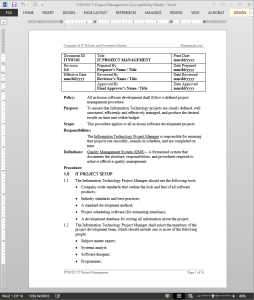 IT Project Management Procedure Activities
IT Project Management Procedure Activities
- IT Project Setup
- IT Project Schedule
- IT Project Cycle Management
- IT Project Review
IT Project Management Procedure References
- ISO 9001:2008 Standard-Quality Management Systems Requirements
- ISO/IEC 12207:1995-Information Technology-Software Life-Cycle Processes
- IEEE/EIA 12207.0-Standard Industry Implementation of International Standard ISO/EIC 12207:2005 (ISO/EIC 12207) Standard for information Technology Software Life Cycle Processes
IT Project Management Procedure Forms
- IT Project Development Database Form
- IT Project Status Report Form
- IT Project Team Review Checklist Form
- IT Project Progress Review Checklist Form
Agile Software Development
With most IT products or projects your company handles, there is a clear, definitive roadmap to follow: Define-Design-Build-Test-Deploy.
But what about your website or your Web-based product? Can you employ the same type of methodology to achieve your end-goal? Of course not, because you know that the Web is ever evolving. The requirements you conceive will be obsolete by the time the product is launched, and your funding will dry up while you try to adapt.
Enter Agile. Software developers have been utilizing Agile methodology since the mid-90s, but you can use many of the same ideas for building and maintaining your Web-based project.
Instead of taking five months, 12 months, two years to drag a project through the roadmap from Define to Deploy, Agile is a recurring, constantly mobile process that completes the cycle multiple times until the team achieves the desired end-product.
By cycling through week-long iterations of defining, designing, building, testing, and deploying, you know the product’s limitations, what it will look like, and its usefulness to the customer. The key component to IT project management and the success of the IT project is customer input. When you have something to show them after only spending a week on it, you can build that customer feedback into the next iteration’s set of requirements.
For example, say your product is a website that aggregates the day’s headlines for your city from various news sources. After a week, you have a version to show. Your customer says it would be helpful if users could rank the news stories, so the most read and most popular ones show first. It’s a simple fix that you can implement immediately into the next definition phase.
The sooner you receive customer input, the more successful your project will be. And from the customers’ point of view, they now have a vested interest in the success of the project. They provided input; they want it to work.



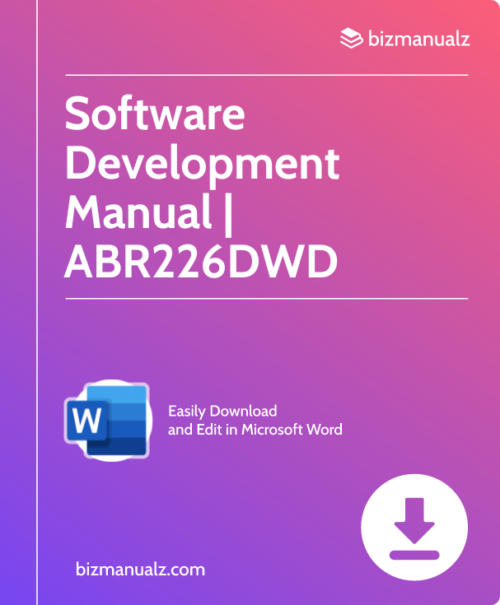

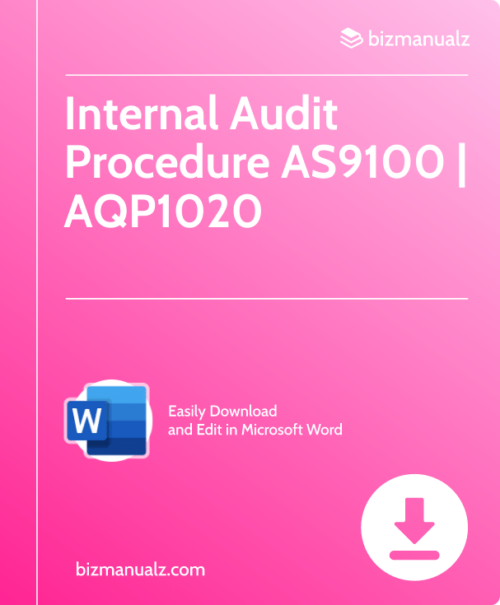
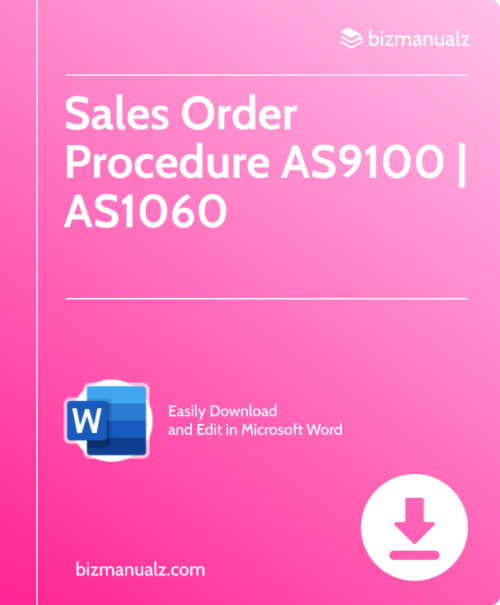
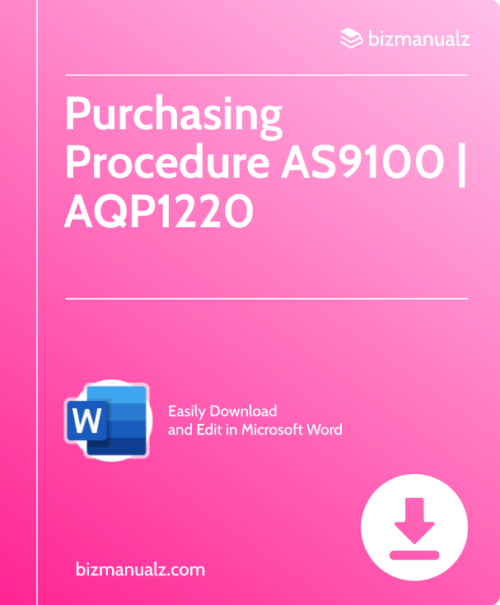
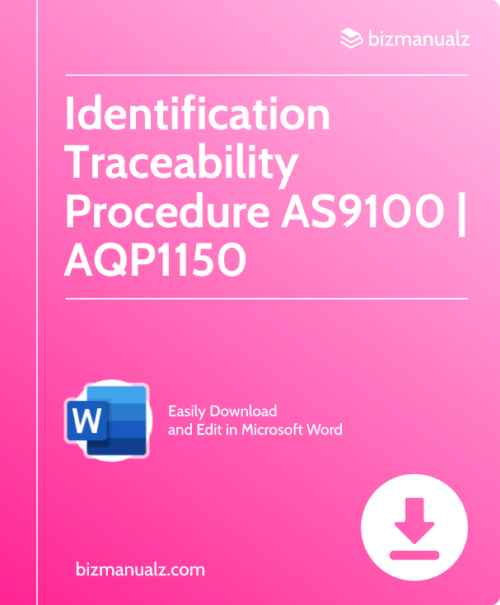













Reviews
There are no reviews yet.